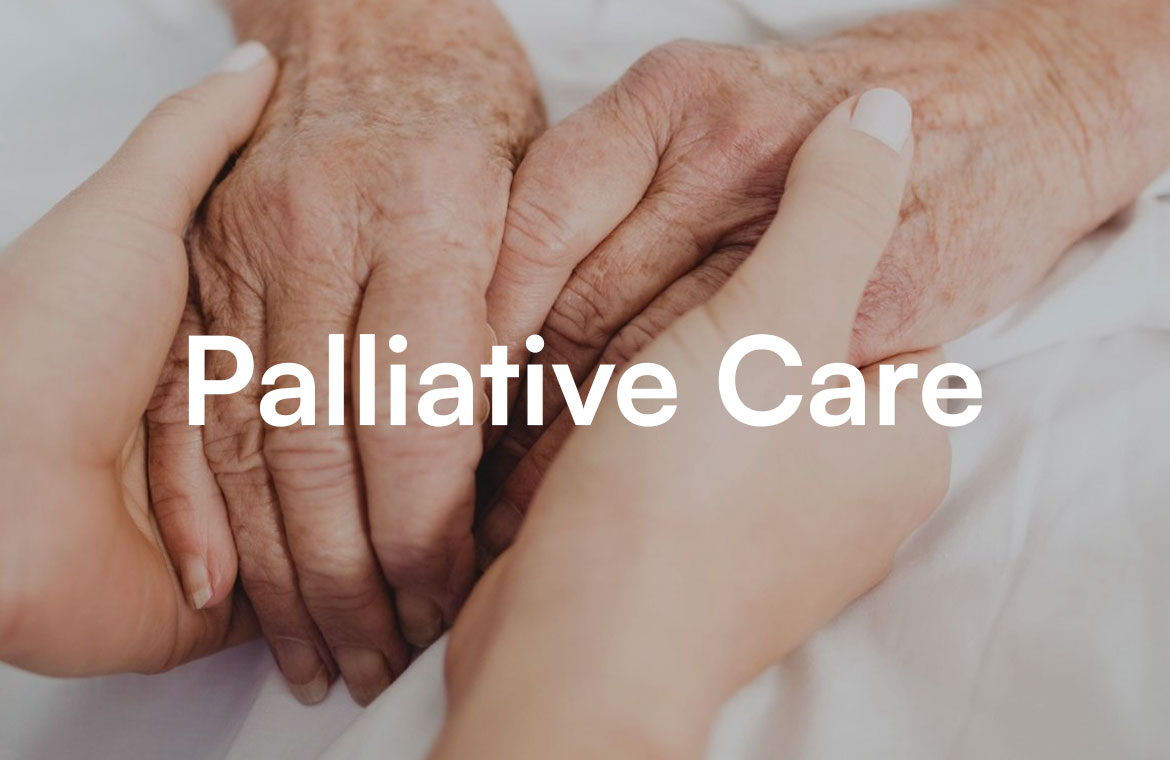What if a child’s health before age two could shape their whole life — education, income, immunity, and well-being? That’s the insight behind World Health Day 2025’s theme:
“Healthy Beginnings, Hopeful Futures.”
This is more than a slogan. It’s a reminder of our shared duty to invest in early life. A healthy beginning isn’t just about survival — it’s about thriving physically, emotionally, and cognitively. As a Community Medicine resident, I’ve seen how health interventions in pregnancy, infancy, and early childhood can change life trajectories. But when that care is missing, the impact lasts for generations.
🚨 The First 1,000 Days: A Critical Window
From conception to age two, children develop at an astonishing pace. The brain forms up to a million neural connections per second. Yet many children still lack access to basic healthcare, nutrition, clean water, and nurturing environments.
In 2021, 5 million children under five died, mostly from preventable causes like neonatal complications, pneumonia, malaria, and diarrheal diseases [2]. About 45 million suffer from acute undernutrition, while 149 million are stunted — a condition linked to long-term cognitive and educational setbacks [3]. These aren’t just numbers; they reflect missed potential and weakened foundations for global development.
🇮🇳 India’s Progress and Gaps
India has made commendable strides, but serious gaps remain. The Sample Registration System (2022) reports an infant mortality rate of 28 per 1,000 live births, with neonatal deaths making up 70% of infant deaths [4].
According to NFHS-5 (2019–21), 35.5% of children under five are stunted, 19.3% are wasted, and 32.1% are underweight. Alarmingly, 67.1% of children aged 6–59 months are anemic — a silent epidemic affecting learning and immunity [5].
Flagship schemes like POSHAN Abhiyaan, Mission Indradhanush, and Janani Suraksha Yojana have shown progress, but issues such as uneven coverage, rural-urban disparities, and weak follow-up still persist. Many children in tribal and remote areas face barriers to immunization, nutrition, and early education.
🌱 Why “Healthy Beginnings” Matter
“Healthy beginnings” go beyond medical care. They include good nutrition, responsive caregiving, protection from violence, early learning, and clean, stimulating environments. Science confirms that positive early experiences shape not only brain development, but lifelong outcomes.
Children who are well-nourished and emotionally supported in their early years perform better in school, earn more as adults, and contribute more to society. Conversely, early adversity — like neglect, malnutrition, or exposure to violence — can trigger toxic stress that impairs brain architecture [6].
Nearly 250 million children in low- and middle-income countries are at risk of not reaching their full developmental potential [6]. This is not just a health issue — it’s an economic and moral one.
🏥 Public Health: On the Frontlines
Community medicine plays a key role in delivering change. We bridge policy and people, ensuring government and WHO strategies reach the grassroots.
Key responsibilities include:
- Antenatal and postnatal outreach in underserved areas
- Ensuring immunization and growth monitoring
- Nutrition rehabilitation and education
- Supporting ASHAs, ANMs, and AWWs
- Promoting WASH, mental health, and adolescent care
- Advocating for gender equity and social protection
We work through data, community engagement, and systems to shift from treating illness to building lasting health.
🔔 A Call to Action
World Health Day 2025 reminds us that shaping the future starts with the beginning. Investing in early childhood is smart and just. Healthy children grow into healthier, more productive adults — forming the backbone of stronger, more equitable societies.
Imagine an India where every mother receives respectful, evidence-based antenatal care. Where no child is born into malnutrition or anemia. Where every baby is vaccinated and nurtured. This future is possible — through commitment, compassion, and collaboration.
Let’s pledge: no child left behind. Because healthy beginnings create hopeful futures — for families, communities, and our nation.
📚 References
- World Health Organization. World Health Day 2025: Healthy Beginnings, Hopeful Futures [Internet]. 2025 [cited 2025 Mar 22]. Available from: https://www.who.int/news-room/events/detail/2025/04/07/default-calendar/world-health-day-2025-healthy-beginnings-hopeful-futures
- United Nations Inter-agency Group for Child Mortality Estimation (UN IGME). Levels & Trends in Child Mortality. 2022.
- UNICEF, WHO, World Bank Group. Joint child malnutrition estimates – Levels and trends in child malnutrition. 2023 edition.
- Office of the Registrar General, India. Sample Registration System Statistical Report 2022. New Delhi: Ministry of Home Affairs, Government of India; 2023.
- International Institute for Population Sciences (IIPS) and ICF. National Family Health Survey (NFHS-5), India, 2019-21: Key Indicators. Mumbai: IIPS; 2021.
- Black MM, Walker SP, Fernald LCH, Andersen CT, DiGirolamo AM, Lu C, et al. Early childhood development coming of age: science through the life course. Lancet. 2016;389(10064):77–90.




